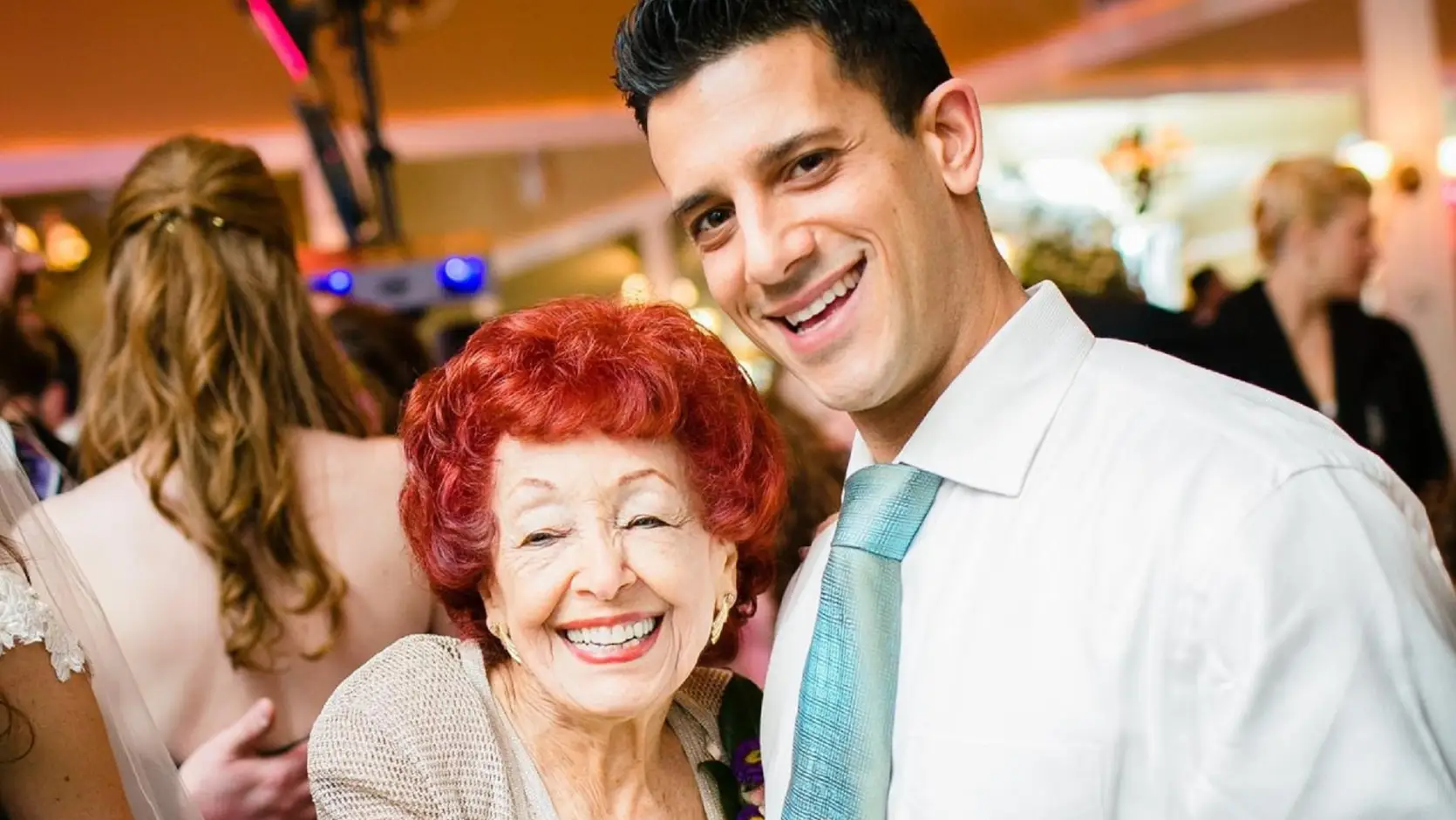The average amount Australians have in superannuation is $147,000. Many of course have far more, so it is important to make sure it is inherited by the person or persons you want to receive the benefit of your life’s savings.
Is superannuation included in my will?
The most important thing to remember about superannuation is that it is not automatically included in your assets when you draw up a will.
Super is separate from a will. You must notify the super fund administrator, who will be your super beneficiary in the event of your death.
If you haven’t done this, you have no say where those super thousands will go. For many people super is their most significant monetary asset, setting it apart from the estate of property and investments that are included in a will.
What happens to my super if there is no beneficiary named?
If there is no beneficiary given for a super account, the super fund trustees will have to use their own legal discretion to decide where the super money goes.
They will be guided by the Superannuation Industry (Supervision) Act 1993, which states that there are three types of people who can be nominated as beneficiaries.
These are dependants, such as spouses (married or de facto) and children, or a person with whom you had a close relationship, where you lived together and provided financial support to each other.
Section 10 of the Act defines “dependant”, and it does not include siblings or parents.
Nominating your legal representative as your super beneficiary
A third possibility is important for people who want their super money to go to someone other than a partner or child, and that is the legal representative who is executor of your will or has your enduring power of attorney.
That legal representative can then distribute the super money the way you intended as expressed in your will, such as to friends, siblings or charities. (Please see Superannuation Death Benefits FAQ, Law Society of NSW.)
It would be wise to get legal advice before doing this, as there may be tax implications. (Please see Taxation of super benefits, ATO, 8 September 2015.)
Importance of keeping death benefit nominations up to date
It is important to keep your death benefit nomination up to date to take into account any separation, divorce or change in the status of children.
It may be that an ex-partner whom you now hate could claim and receive your superannuation if you die suddenly and haven’t altered your beneficiary nomination.
If there is no will and no super beneficiary, the super death benefits will be distributed in accordance with intestacy laws, subject to any court order.
If there is a dispute over the beneficiary of a super account, it may be possible to lodge a complaint with the Australian Financial Complaints Authority.
Self-Managed Superannuation Funds are more complicated for death benefits, and SMSF members should get legal advice.














